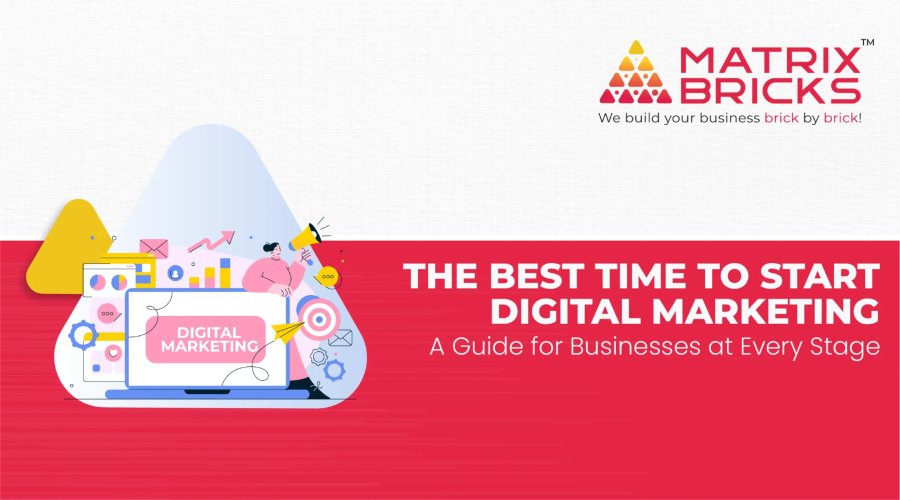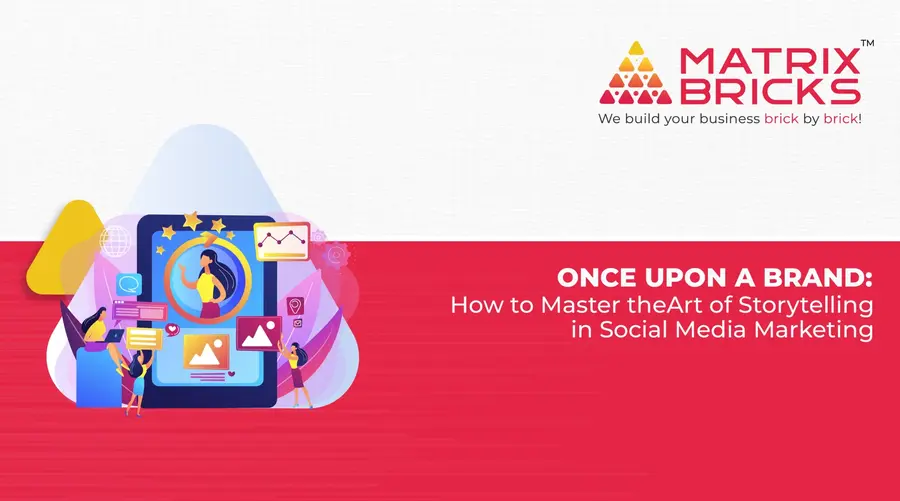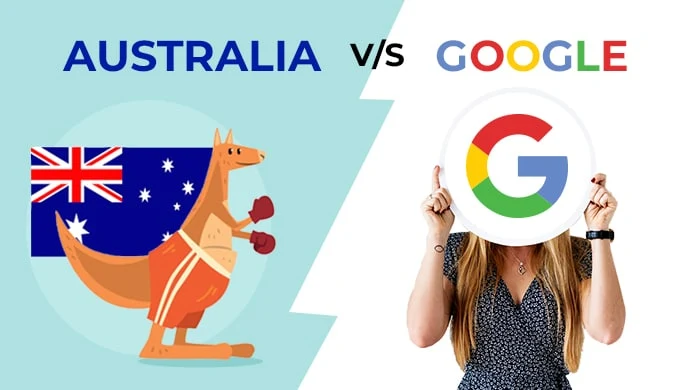
Though Google was the most valuable brand in the world in 2017 (surpassed by Amazon), it has received significant criticism involving issues such as privacy concerns, tax avoidance, antitrust, censorship, and search neutrality.
Google has announced it is considering pulling out its search engine from Australia, following a law dispute with the country’s government. The projected law says that Google has to share royalties with news outlets since Australian users find articles through the search engine.
According to Google Australia managing director, the laws are “unworkable,” and the company will be pushed to stop making Google Search available in the country. Lawmakers accused Google of “blackmail,” and senators went even further, saying if Australia manages to pull this off, “this is going to go worldwide.”
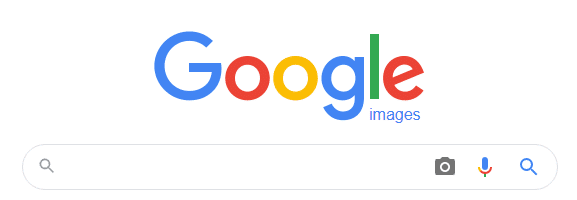
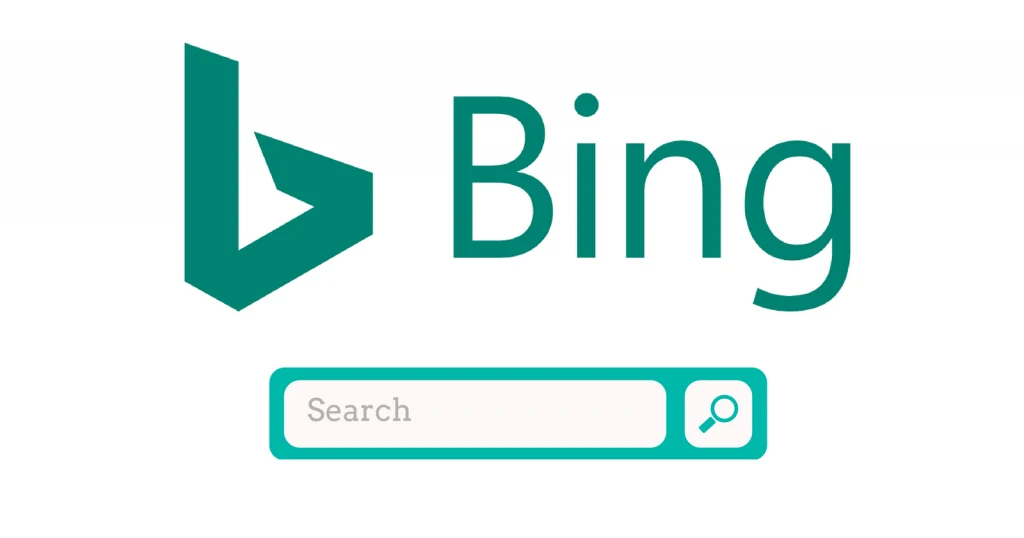
The government has argued that since people use Google (and Facebook) to read the news, tech platforms should pay a “fair” price for journalism. One of every eight searches on Google Australia is news-related (that’s 12.5%), and the Australian print market has seen a 75% decline in advertising revenue in the past 15 years.
Also, 81% of all money spent on digital advertising in the news industry goes to Google and Facebook, BBC reported. “Number of outlets” in Australia have been forced to close, while Google generated $4 billion income from Australia while paying just $45 million (slightly over 1.1%) in tax.
Google has already confirmed it has done some A/B testing with 1% of its Australian users. The experiment blocked Australian news sites from the search engine, but the results have not been announced. The US company has also cited its Google News platform as evidence it supports journalism.
The Australian prime minister said that Microsoft was confident that it could fill the void if Google carried out its threat to remove its search engine from Australia. A Google executive told a Senate hearing that it would likely make its search engine unavailable in Australia if the government went ahead with plans to make tech giants pay for news content.



